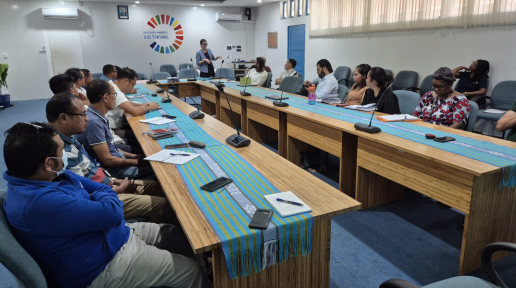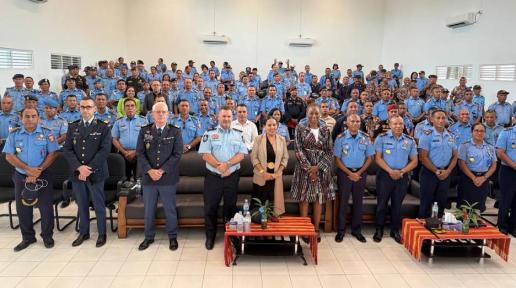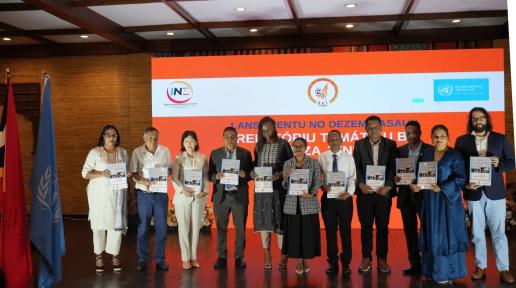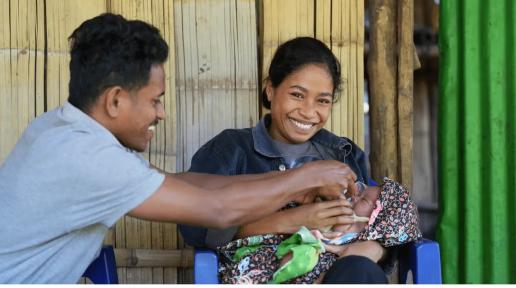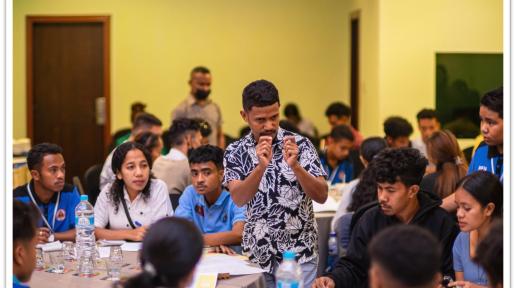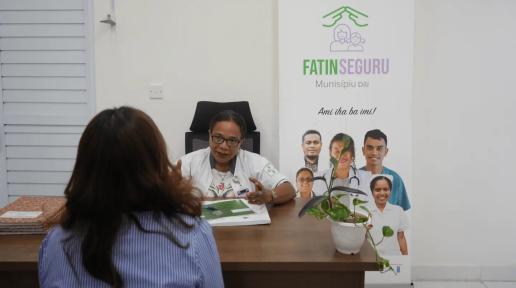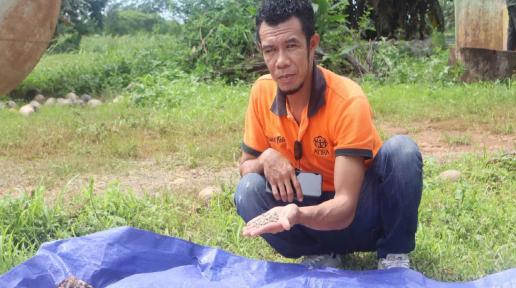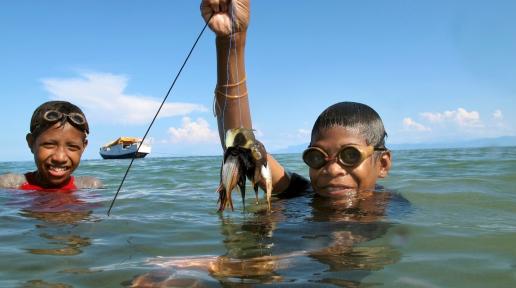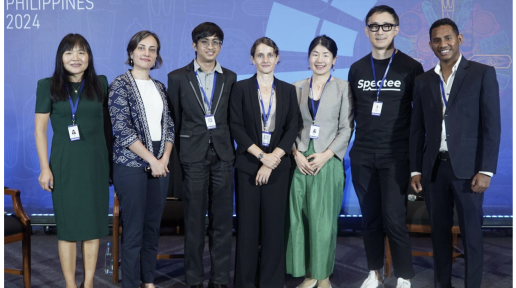Story
10 October 2025
After years of conflict, Timor-Leste turns peacemaker
During the turbulent early years of Timor-Leste’s independence, the UN was a constant presence, helping to maintain peace and stability. Twenty-four years on, the country has made the successful transition from a host nation for UN peacekeeping operations, to one that contributes to supporting missions elsewhere.Timor-Leste’s road to peace has not been easy. In 1976, not long after Indonesia became independent it invaded the eastern part of the island of Timor, formerly a Portuguese colony.An unhappy period of occupation, punctuated by violent repression, followed until 1999 when, with the support of the UN, the small Asian nation embarked on the path of self-determination.The United Nations Mission in East Timor, UNAMET, conducted the referendum on self-determination in September 1999. Some 78.5 percent of voters opted for independence, but the population found itself confronted by brutal attacks by militia forces in favour of integration with Indonesia.ONU News/Felipe de CarvalhoNatércia Martins, a Timorese police officer, and former UN member of staff.Natércia Martins was 19 at the time. She worked for UNAMET, checking the list of those registered to vote. Her polling station was attacked by anti-independence fighters who stabbed two employees to death and forced UN teams to evacuate. In the wave of violence that followed, 14 UNAMET employees would be killed across the country, including her cousin, Ana Lemos.The International Force for Timor-Leste, INTERFET, approved by the Security Council, made a major contribution to ending the crisis. Ms. Martins says that her cousin’s strength and sacrifice inspired her to join the police, and "ensure safer lives for people, especially women and children." According to her, the presence of UN peacekeeping missions made the entire Timorese population feel safe, after the trauma of the loss of loved ones and property in the post-referendum crisis.In the years that followed Timor-Leste and its institutions became more stable, but in 2006 an internal political crisis shook the country, leading to violent clashes that displaced more than 150 thousand people.UN News/Felipe de CarvalhoSister Guilhermina, at the convent of the Canossian Mothers in Dili.One of these places they sought refuge was the Convent of the Canossian Mothers, in Balide, Dili, which once housed 23 thousand. Sister Guilhermina, responsible for the convent at the time, says that there were "shootings everywhere and the people were very afraid". She thought that when she opened the gates to welcome people, they would only stay for a few hours, but in the end the situation lasted for two years and nine months.On many occasions, UN peacekeepers provided security for the site, preventing attacks."Through dialogues the United Nations always sought a peaceful intervention among the Timorese," says Sister Guilhermina. The displaced people sheltering in the convent also received support from UN agencies for medical and food assistance, as well as water and sanitation."The most successful missions in the history of the UN"In all, Timor-Leste hosted six UN missions (four peacekeeping and two political), up until 2012. "The birth of Timor-Leste was made by the United Nations," former Peacekeeper Major Luis Pinto told UN News, addingthat the missions in the country were the "most successful in the history of the UN".UN Photo/Martine PerretUN and Timor Police Prepare for Presidential Elections in 2012.Major Pinto said that during the struggle for freedom, the Timorese simultaneously developed military and political skills. Now they are exporting this experience, fostering dialogue between warring parties in other countries, encouraging them to find common cause.Timorese soldiers have taken part in peacekeeping missions in Kosovo and Lebanon and, since 2011, the country has provided military observers to the South Sudan mission.One of those observers, Major Zequito Ximenes, told UN News that the UN role in bringing peace to his country was influential in his decision to become a blue helmet. “I wanted to contribute to similar missions around the world and make a difference in conflict-affected regions."There has been a peacekeeping operations training centre in Timor-Leste since 2018, preparing male and female military personnel for UN missions. The country is prepared to send more peacekeepers to work in areas such as rescue and protection, and a company of engineers, for the building of roads and schools.To prevent a return to war, Timorese leaders prioritized national reconciliation, and the normalization of relations with Indonesia. These choices, and the support of the international community, have made the country a model for post-conflict stabilization and show a path to peace and security is possible.




